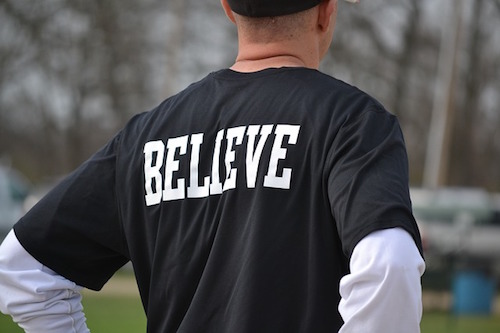 Culture & Ethics
Culture & Ethics
The Dire Threat of “Neoskepticism”

They never stop pushing: Global warming hysteria, the meme that we face a looming man-made, life-ending climate apocalypse, cannot be debated. It is a fact.
Well, now that we are mostly “convinced” and “denial” is down to a “mere whisper,” Hallie Golden writing in The Week claims that there is a new worry about which hysterics should wring their hands. It’s “neoskepticism.” From “The worrisome rise of neoskepticism”:
Neoskeptics aren’t deniers. They recognize the prevalence and cause of climate change, but still, they advocate against large-scale efforts to stop it. Why? Some believe there’s too much uncertainty surrounding the issue. Others think stopping climate change would simply be too costly. But whatever their reasons, this increasingly popular perspective has started to worry scientists.
Yes, well we mustn’t worry “the scientists.”
How to fight new skepticism?
[Paul] Stern and his co-authors argue [in an article in Science] that scientists need to help the public feel more comfortable with making large-scale policy decisions on climate change. Up to this point, the focus has been mainly on demonstrating that climate change is happening and that it’s caused by human activity. It’s important now to move the issue forward by providing the public with information on how bad the problem is as well as a comparison of the costs and benefits of fighting versus doing nothing.
Good grief, how is that any different from the advocacy barrage to which we’ve been subjected for more than a decade?
People are dubious about global warming, and more precisely, the proposed “treatments” for it, because the computer models have mostly proved to be erroneous, hysterics have branded each and every bad patch of weather “what one would expect from a warming planet,” because of the ubiquitous attempts (as by Golden) to stifle debate, and because the proposed policy prescriptions promote liberalism, a world technocracy, and reduced prosperity.
Oh, and — surprise, surprise — we see the same policies promoted to combat the obesity epidemic. If one “crisis” doesn’t bring about the international technocracy, another will serve just as well.
Photo source: Pixabay.
Cross-posted at The Corner.
